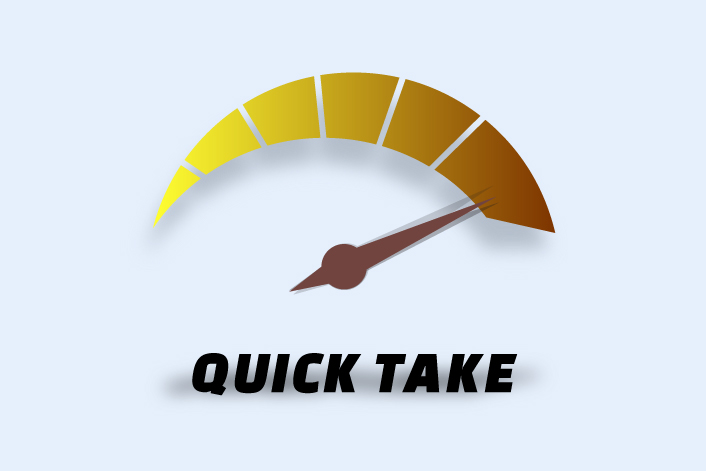Huawei Vows to Whack Cost of Lidar on Self-Driving Cars

What’s new: Huawei Technologies Co. Ltd. plans to launch laser-based range-finding products for self-driving cars in two years and significantly lower the cost of one of the most important but expensive hardware elements in autonomous vehicles.
Wang Jun, who leads the smart auto division of Huawei, disclosed the plans Tuesday at an automotive forum in Wuhan. Huawei plans to reduce the cost of the systems — known as lidar, for light detection and ranging — to $500 or even $200 a vehicle, Wang said.
One of the reasons Tesla uses video cameras instead of lidar as sensors in self-driving cars is that the laser-based system is too expensive, Wang said. Huawei aims to make its system affordable for all smart cars, he said.
The background: Automotive lidar uses spinning lasers to scan a vehicle’s environment through 360 degrees by bouncing laser pulses off surrounding objects and measuring the return time for the reflected light to calculate distances and shapes. The operating principles are similar to the basis of radar, which uses radio waves for detection and ranging.
Major players in the self-driving car race, such as Google, Audi and Ford, use the laser type of sensor. But one obstacle hindering the commercialization of self-driving cars is that high-end lidar systems can be expensive. The most popular lidar product made by the current industry leader Velodyne sells for $4,000 each.
Huawei hasn’t disclosed which car makers it plans to work with.
Quick Takes are condensed versions of China-related stories for fast news you can use. To read the full story in Chinese, click here.
Contact reporter Denise Jia (huijuanjia@caixin.com) and editor Bob Simison (bobsimison@caixin.com)
Support quality journalism in China. Subscribe to Caixin Global starting at $0.99.

- PODCAST
- MOST POPULAR




